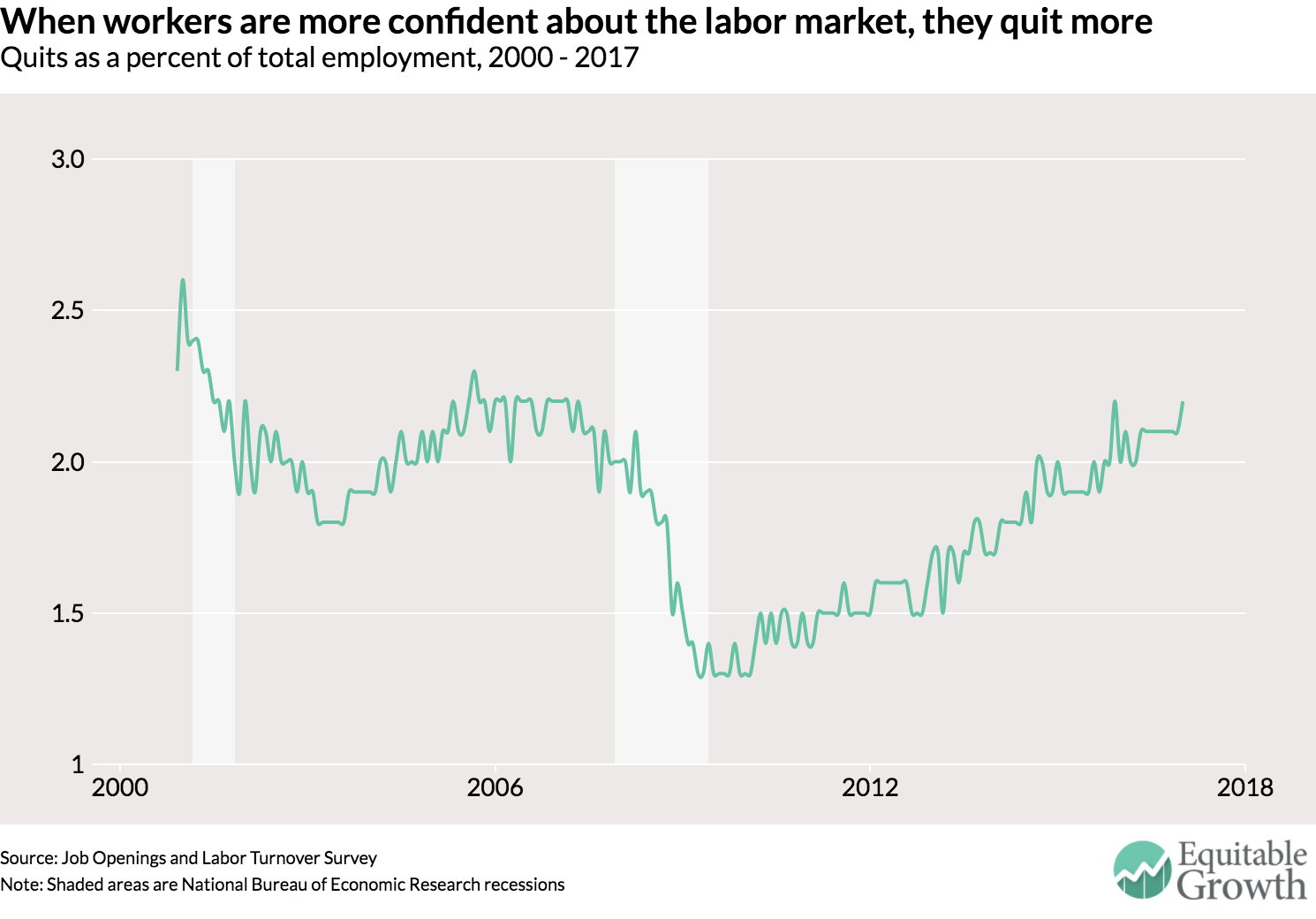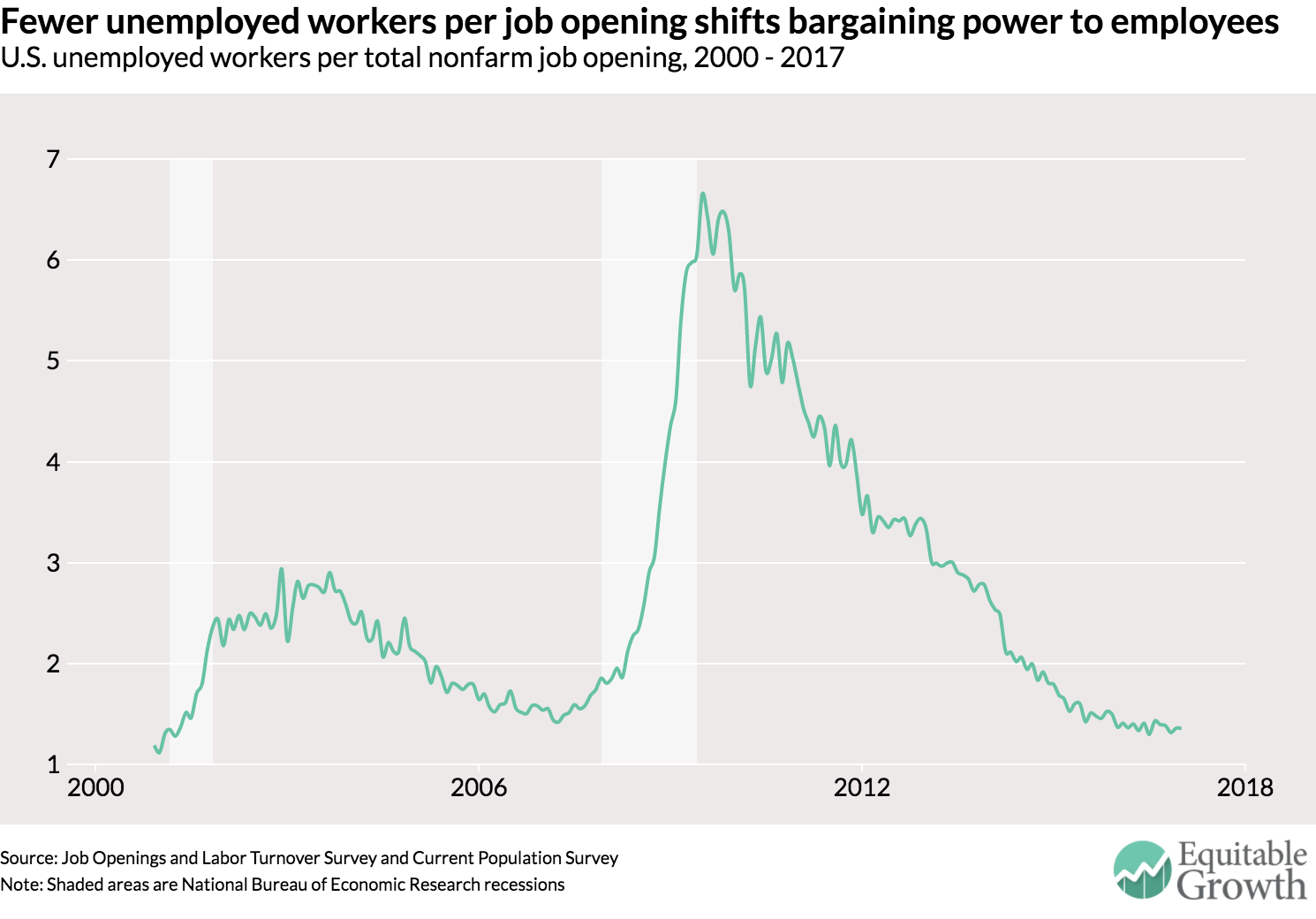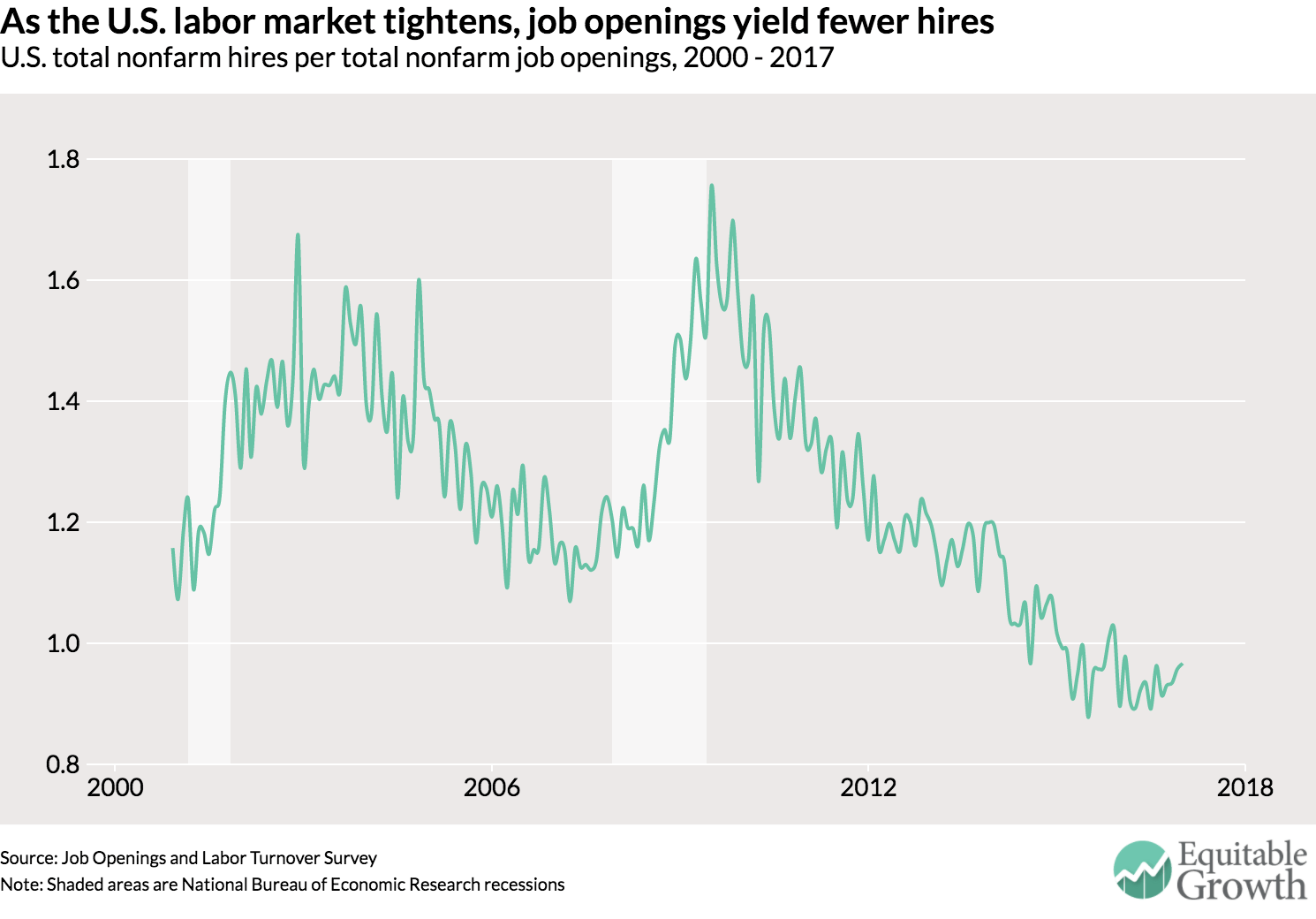- CBO: American Health Care Act: “CBO and JCT estimate that, in 2018, 14 million more people would be uninsured under the legislation than under current law…
- Mark Thoma et al.: The Republican American Health Care Act
- Paul Demko: White House analysis of Obamacare repeal sees even deeper insurance losses than CBO: “A White House analysis of the GOP plan to repeal and replace Obamacare shows even steeper coverage losses than the projections by the Congressional Budget Office…
- Dan Alpert: The Case for Aggressive Public Infrastructure Spending: “There is substantial slack in the U.S. economy…
- Thomas Hoenig: Basic Principles of Banking: Hoenig on Restoring Glass Steagall: “With each financial crisis new regulations are added to an already long list of rules…
- Nancy LeTorneau: There Is No Grand Strategy to Repeal Obamacare: “The Congressional Budget Office… released their report…. What we’ve seen from conservatives/Republicans/the White House since then…
- Kevin Drum: Is Obamacare Already Dead?: “Ryan and Trump have been insisting for months that Obamacare is collapsing…. This is ridiculous, of course…
- Saahil Desai: Trump’s Trade Policies Could Crush Mike Pence’s Hometown: “Columbus [Oh]… an unemployment rate of 2.9 percent—the lowest in the state—and the country’s highest concentration of mechanical engineers…
- Gate (2005): The Law, in Its Majestic Equality…: “Anatole France (the pen-name of Jacques Anatole Francois Thibault, 1844-1924)… The Red Lily (Le Lys Rouge), 1894, chapter 7…
- Harold Pollack: Will “Repeal and Replace” Implode?: Republicans just proposed a $12,900 annual premium increase on low-income 64-year-olds…
- Jonathan Portes: What’s the role of experts in the public debate?: “We have three really important functions…
- Walter Scheidel: Economics: The architecture of inequality: “Income inequality is an ancient and intractable social, economic and political condition…
Interesting Reads:
- Concrete Economics
- Haas Institute Thinking Ahead
- Haas Institute
- Guo Xu
- KFF: Insurer Participation in the 2017 Individual Marketplace: “57% of Exchange enrollees will have a choice of three or more insurers in 2017, down from 85%…
- Henry Aaron: Trumpcare Is Pure Fantasy and the CBO Backs That Up
- Stephen Foley: ‘Podfather’ failed to find harmony at Bridgewater
- Ed Kilgore: GOP Governors Find the American Health Care Act Heavy-handed: “In the accounting of Republicans who have various issues with… Trumpcare, a.k.a. RinoCare, a.k.a. Obamacare 2.0… you might miss… Republican governors…. The number of GOP governors who have ‘expressed strong support’ for their party’s plan is exactly zero…”
- Lee Atwater (1981): Lee Atwater 1981 Interview
- Gianluca Benigno and Luca Fornaro: Stagnation Traps
- As Cosma Shalizi Says, “The Singularity Is in Our Past”: Hoisted from the Archives
- What Happaned to Trump Infrastructure Push?: Bunga-Bunga Policy, or No Policy at All
- NAFTA: A Big Deal, Plus and Minus, for Strongly Affected Individuals; Not a Big Deal for the U.S. as a Whole
- John Peter Altgeld: Wednesday Economic History



